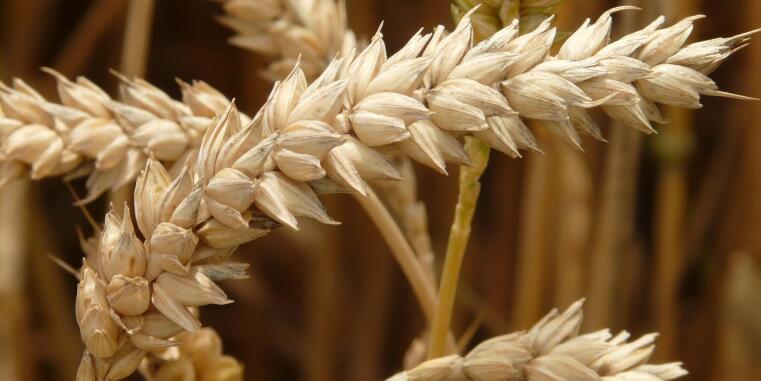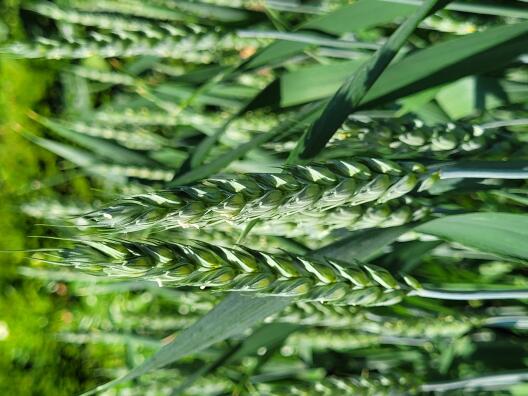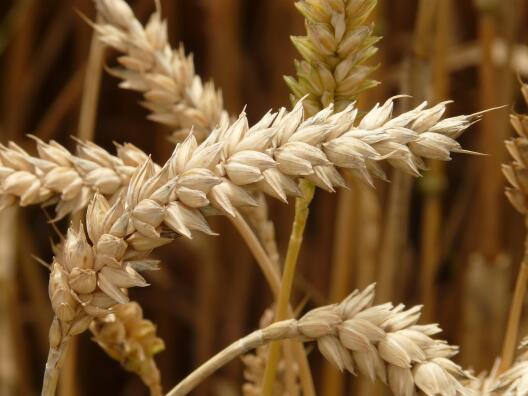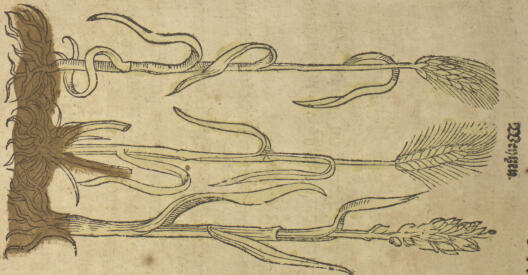



order: Poales
family: Poaceae
species: wheat (Triticum)
attributes: dark green stem measuring up to one meter in height
origin: probably originally from norther Africa and western Asia, modern species created by cross-breading with specimens from the Near East
habitat: cultivated all around the world
You shall keep the Feast of Tabernacles seven days after you have gathered in your grain floor and your wine press.
Deuteronomy 16,13
Other than wheat, barley and millet grew in biblical Palestine. The Old Testament uses the word חִטָּה (ḥiṭṭāh).
Wheat was a staple food, whose flour would be baken into bread. Unleavened bread made without yeast is eaten during Pesach.
The New Testament mentions wheat (Greek istσῖτος sitos) in the parables. The fourth chapter of the Gospel of Mark (Mk 4,26-29) states that a human can‘t influence God‘s Kingdom, because just as the wheat he produces the ear on his own.
mentions: several
other text passages (selected):
Deuteronomy 16,13
2. Samuel 17,2
Matthew 13,25
Matthew 3,12
Riede, Peter: Getreide, in: Das wissenschaftliche Bibellexikon im Internet (Juli 2018), URL: https://www.bibelwissenschaft.de/wibilex/das-bibellexikon/lexikon/sachwort/anzeigen/details/getreide/ch/c0af3acffbbd61d0b7545c9bc95a99b5/ (abgerufen 01.05.2023).
Modern King James Version.


